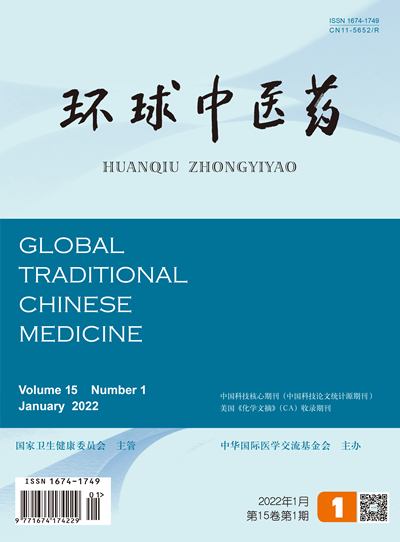The punishment is the reward – why elite Chinese students take supplementary Chinese literacy tutoring despite viewing it as ineffective
引用次数: 0
Abstract
Reward and punishment are basic concepts in psychology. To survive better, humans and animals often need to maximize rewards and minimize punishments and threats. The human brain makes judgments about rewards and punishments based on distinguishing among complex environmental factors and makes decisions about future actions accordingly. Chinese students have spent more than a decade of primary and secondary school education with purposeful, fine-grained time management learning with the goal of success on the college entrance exam (Gaokao). The relationship between rewards and punishments for literacy tutoring at the primary and secondary school levels and the decision-making behavior of students and parents is therefore a question worth exploring. The purpose of this paper is to explore the decision-making mechanisms of elite Chinese students’ participation in or withdrawal from literacy tutoring in Chinese and the factors behind the reward and punishment mechanisms through grounded method analysis. The results show that most elite students and their parents do not believe that language literacy tutoring will significantly improve their chances for better college entrance exam scores, but there is a complex relationship between their decision-making behavior in tutoring and the reward and punishment mechanisms. Literacy improvement, emotional values, parent-child support obligations and even face-saving culture all contribute to students’ and parents’ decision-making behaviors. Choosing tutoring that is not seen as likely to improve test scores is a common phenomenon, which suggests that the punishment itself provides the reward that drives decisions to pursue literacy tutoring.惩罚就是奖励——为什么中国的精英学生会接受汉语补习,尽管他们认为这种补习没有效果
奖励和惩罚是心理学中的基本概念。为了更好地生存,人类和动物通常需要最大化奖励,最小化惩罚和威胁。人类的大脑在区分复杂的环境因素的基础上对奖励和惩罚做出判断,并据此对未来的行动做出决定。为了在高考中取得成功,中国学生花了十多年的时间接受有目的的、精细的时间管理学习。因此,中小学读写辅导的奖惩与学生和家长决策行为之间的关系是一个值得探讨的问题。本文旨在通过扎根法分析,探讨中国优秀学生参与或退出语文素养辅导的决策机制,以及奖惩机制背后的因素。结果表明,大多数精英学生及其家长并不认为语言素养辅导会显著提高他们的高考成绩,但他们在辅导中的决策行为与奖惩机制之间存在复杂的关系。读写能力的提高、情感价值观、亲子支持义务甚至顾全面子的文化都对学生和家长的决策行为有影响。选择不太可能提高考试成绩的辅导是一种普遍现象,这表明惩罚本身提供了奖励,促使学生决定接受读写辅导。
本文章由计算机程序翻译,如有差异,请以英文原文为准。
求助全文
约1分钟内获得全文
求助全文

 求助内容:
求助内容: 应助结果提醒方式:
应助结果提醒方式:


